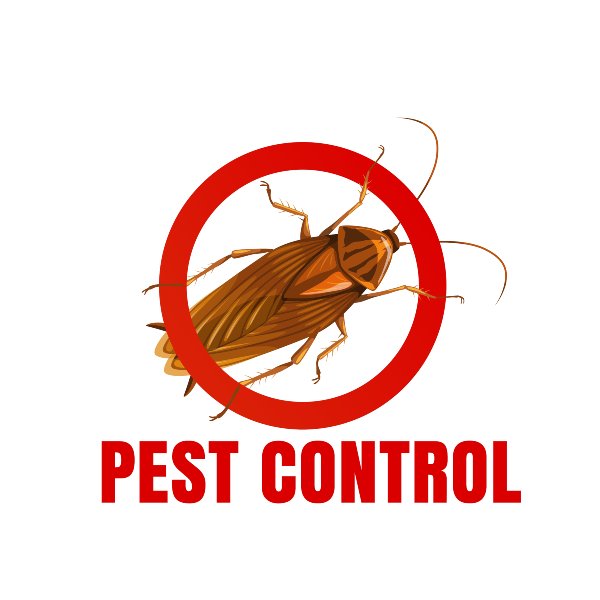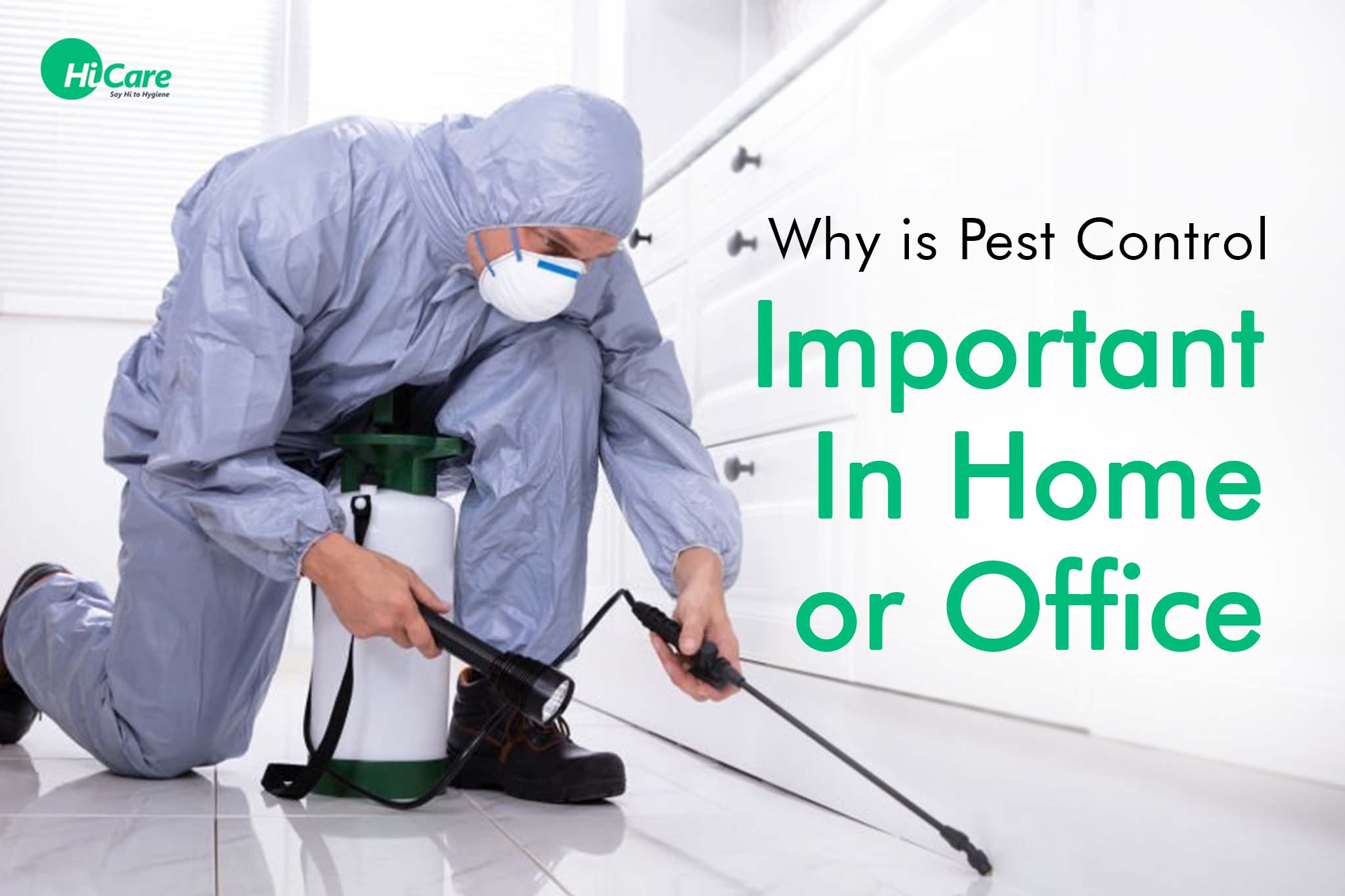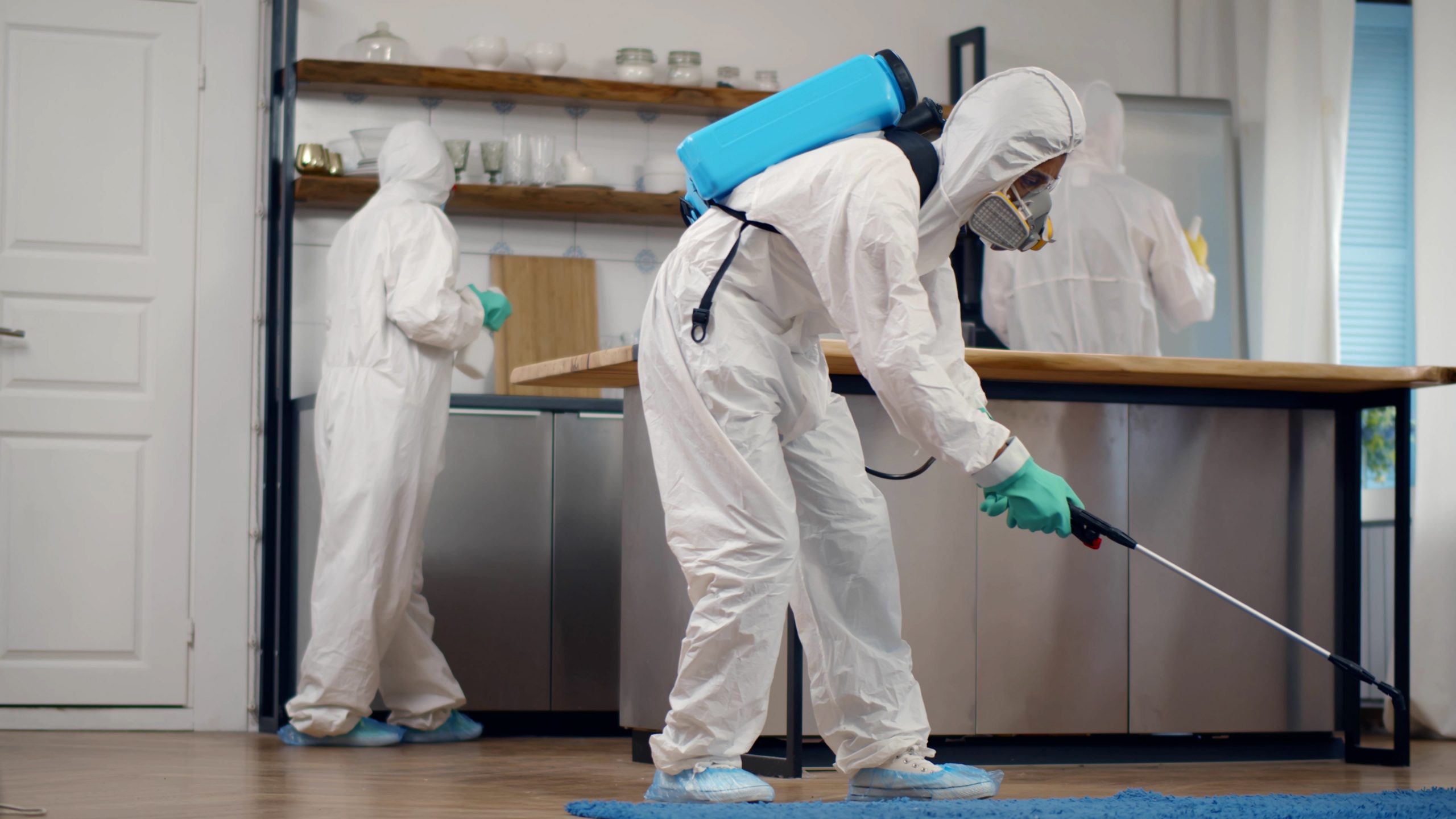Safe and Reputable Parasite Control for Lasting Security
Effective parasite monitoring requires a complex approach that balances eco-friendly stability with the demand for efficient pest reductions. The nuances of these approaches may not be instantly clear, triggering a more detailed evaluation of the techniques that can lead to sustainable pest control outcomes.
Understanding Parasite Control Approaches
Pest control includes a range of methods focused on handling and getting rid of undesirable insects and rodents that can threaten both wellness and residential or commercial property. Understanding these methods is critical for effective insect administration.
The key classifications of parasite control techniques include mechanical, organic, and chemical strategies. Mechanical approaches include physical obstacles and traps to stop pest entrance and capture undesirable types. For example, using displays on windows or using sticky traps can substantially reduce bug populaces without presenting hazardous materials.

Chemical bug control is often the most identified technique, using chemicals to eliminate bugs. These chemicals can be efficient however need to be used with care to prevent unfavorable results on non-target varieties and the environment.
Benefits of Eco-Friendly Solutions
Exactly how can environment-friendly options transform pest control practices? The fostering of eco-friendly insect control approaches provides numerous benefits, substantially enhancing the performance and safety and security of insect administration.

One more advantage is the positive effect on regional biodiversity. Eco-friendly remedies are developed to target particular insects while maintaining useful insects and wild animals, promoting a balanced environment. This method aligns with the growing consumer need for sustainable methods, enhancing the track record of parasite control providers.
Integrated Insect Management Strategies
The implementation of environment-friendly solutions naturally results in the adoption of Integrated Pest Administration (IPM) strategies, which even more enhance bug control effectiveness. IPM is a holistic approach that combines several techniques to take care of bug populaces while reducing environmental effect. This strategy stresses using organic, cultural, mechanical, and chemical controls, ensuring a balanced and sustainable method of insect management.
One essential element of IPM is the detailed evaluation of insect activity and environmental problems. By keeping track of bug populaces and identifying their life cycles, experts can execute targeted interventions that disrupt the insect's environment or lifecycle, reducing dependence on chemical pesticides. Furthermore, cultural practices such as plant rotation and habitat control can significantly diminish parasite establishment and reproduction.
An additional essential component is using organic control representatives, such as valuable pests or bacteria, which can naturally reduce bug populations. When chemical applications are essential, IPM focuses on using low-risk pesticides and uses them uniquely, decreasing direct exposure to non-target microorganisms and people.
Integrating IPM strategies not just boosts insect control efficiency but additionally advertises a more secure ecosystem, aligning with the expanding demand for sustainable techniques in parasite administration.
Safe Practices for Homeowners
Comprehending the importance his response of secure methods in bug control can equip homeowners to properly take care of bug issues while protecting their wellness and the atmosphere. Implementing non-toxic methods and preventative actions is critical in minimizing direct exposure to harmful chemicals.
Home owners need to first examine their setting for conditions that attract parasites, such as standing water, food, and mess waste. Frequently cleansing and sealing entrance factors can deter bugs from invading the home. Using natural deterrents, such as vital oils or diatomaceous earth, can give reliable choices to chemical pesticides.
When chemical treatments are required, house owners need to choose products that are especially classified as risk-free for household usage. It is essential to comply with application standards carefully to stay clear of overexposure. Making use of targeted treatments in areas where bugs are identified, instead than blanket splashing, can significantly minimize chemical use.
Finally, maintaining open communication with pest control professionals is essential. Property owners should inquire regarding the security of products utilized and request green alternatives whenever feasible. By embracing these risk-free practices, homeowners can produce a healthier living environment while efficiently managing bug concerns.

Tips for Long-Term Protection
Establishing a parasite management strategy that highlights lasting defense can greatly enhance the efficiency of the secure techniques formerly reviewed. To accomplish this, property owners should carry pest elimination services out routine evaluations of their property, focusing on concealed areas such as attics, cellars, and crawl areas. Early detection of insect activity is critical in stopping invasions from taking hold.
These methods lower attractants that attract bugs right into the home. Sealing access factors, such as fractures around doors and home windows, can effectively block possible insect gain access to.
Landscape design should also be considered; Web Site maintaining plants trimmed and keeping a distance in between plant life and the home decreases concealing places for parasites. Using all-natural deterrents, such as important oils or diatomaceous earth, can better inhibit invasions without resorting to extreme chemicals.
Lastly, teaming up with an expert pest control service for routine analyses can provide an additional layer of safety. These experts can provide customized recommendations and advanced therapies, making sure that your home remains protected versus pests in the long term.
Verdict
In final thought, secure and reliable bug control requires a diverse technique that emphasizes eco-friendly approaches and integrated bug administration. By executing natural deterrents, performing normal assessments, and preserving correct cleanliness, homeowner can substantially minimize insect populations while protecting beneficial bugs and the atmosphere. Collaboration with specialist bug control services improves the efficiency of these methods, guaranteeing tailored options that give enduring defense and tranquility of mind against future invasions.
Reliable insect management calls for a diverse method that balances ecological honesty with the requirement for efficient parasite suppression. The fostering of green parasite control approaches uses numerous advantages, considerably enhancing the efficiency and safety of parasite monitoring.The implementation of green remedies normally leads to the fostering of Integrated Bug Administration (IPM) methods, which better improve insect control efficiency. exterminator coquitlam. By checking bug populaces and identifying their life cycles, experts can carry out targeted treatments that interfere with the pest's habitat or lifecycle, reducing dependence on chemical pesticides.In conclusion, secure and trustworthy parasite control calls for a diverse method that emphasizes green techniques and integrated bug management